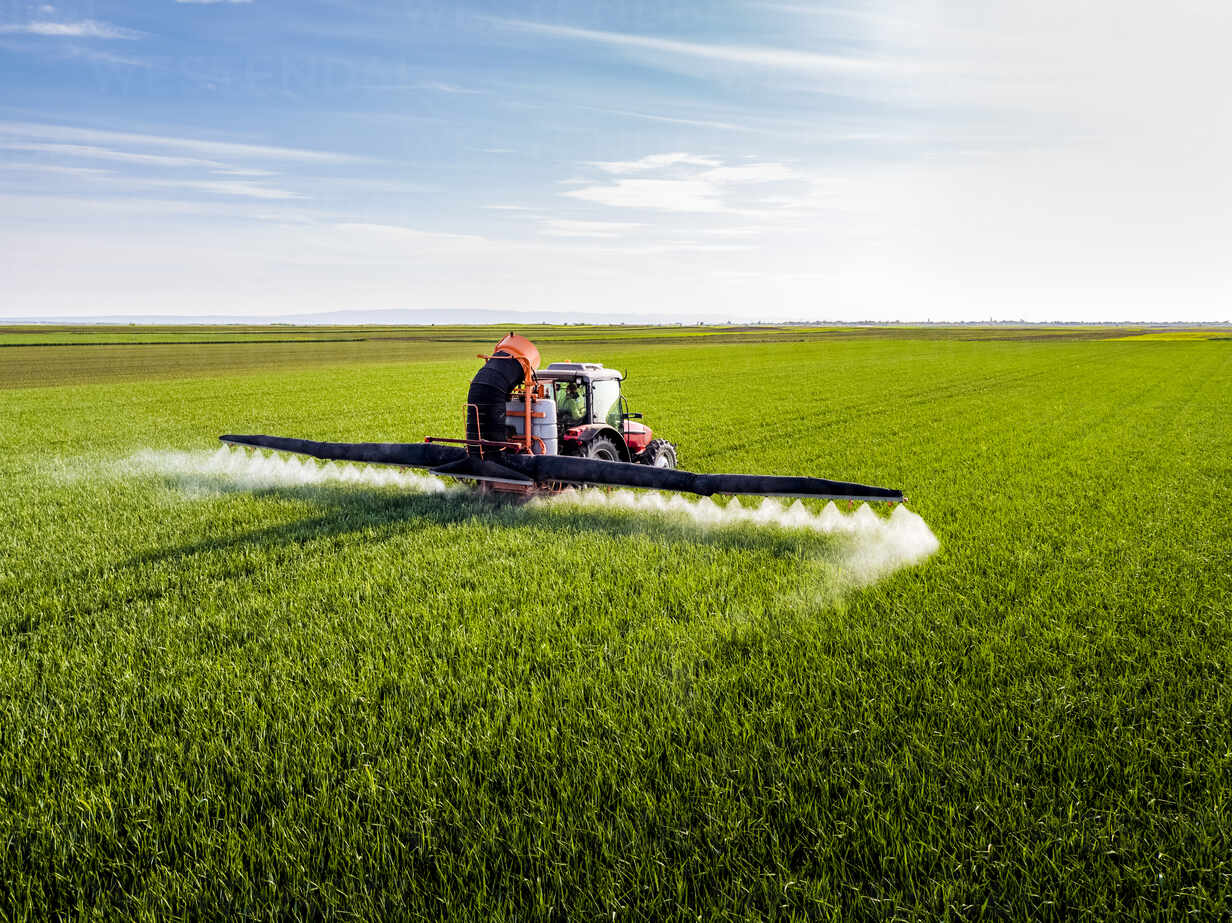

FREE shipping - no code required!


In recent years, there has been growing concern about the presence of glyphosate in everyday food products, particularly in oats. As more consumers seek out healthier, safer options for themselves and their families, it’s important to understand what glyphosate is, why it’s found in oats, and what you can do to minimize your exposure.
Glyphosate is a widely used herbicide, employed by farmers around the world to control weeds. It’s particularly effective because it kills unwanted plants without harming the crops. For crops like oats, glyphosate is often applied shortly before harvest to manage growth and ensure a uniform yield.
However, the use of glyphosate in farming has led to the presence of its residues in various food products, including oats. This has raised concerns among health-conscious consumers, especially as awareness grows about the potential risks associated with glyphosate exposure.
While glyphosate has been approved for use by regulatory bodies in many countries, there is ongoing debate about its safety. Some studies have suggested a link between long-term glyphosate exposure and certain health risks, including potential impacts on the endocrine system, reproductive health, and even cancer.
As a result, many people are increasingly wary of consuming products that may contain glyphosate residues, preferring to choose foods that are clean and free from such chemicals.
Unfortunately, glyphosate residues have been found in a significant number of oat products on the market today. This is largely due to the widespread practice of spraying glyphosate on oat crops before harvest. Even small traces of glyphosate in food have become a point of concern for those who prioritize health and wellness.
This issue has gained attention in the media, with reports highlighting the presence of glyphosate in popular oat-based products, leading consumers to question the safety of their breakfast staples.
As consumer awareness continues to grow, we expect to see more demand for glyphosate-free products and greater scrutiny of farming practices. At ChiChi, we’re proud to be at the forefront of this movement, offering clean, healthy food that you can trust.
I live in Southern Ohio in the middle of corn and soybeans. I called local farmers out on spraying corn and soybeans with glyphosphate pre-harvest about 5-6 years ago.
At first they tried to lie to the unknowing general public by saying they spray them with salt water.
They spray pre-harvest with glyphosphate to ensure the entire crop is dry and ready for harvest earlier and at the same time. This way, they can plan harvest by the calendar and not by nature.
If you drive by a field in the late summer to mid fall and it is (unnaturally) uniformly dead brown, then you can be certain that it was sprayed with glyphosphate.
Appalachian Jane on
Your cart is currently empty.